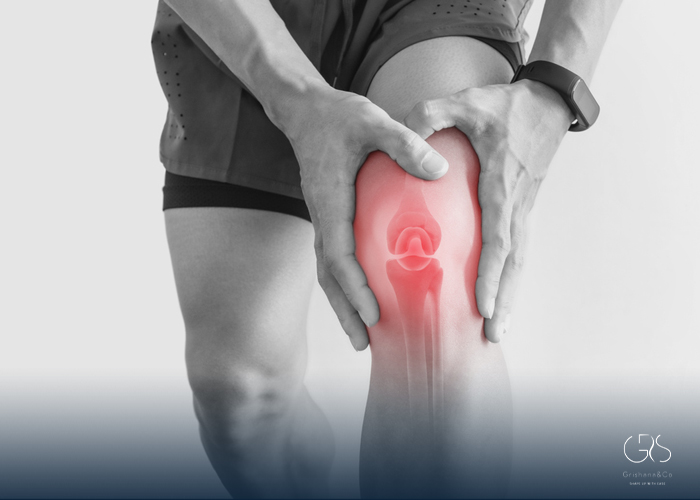Neck pain can be a persistent and uncomfortable problem for individuals all over the globe, and it is often triggered by various causes such as muscle strain, poor posture, injuries, and underlying medical conditions. This article will explore the causes, symptoms, and risk factors of neck pain and present different treatment options both professionally and at home to help provide lasting neck pain relief.
Types of Neck Pain
Neck pain can be classified into different categories, including acute neck pain, subacute neck pain, and chronic neck pain. Acute neck pain occurs suddenly and usually lasts for a short period, while subacute neck pain typically lasts for 4-12 weeks. Chronic neck pain is continuous and lasts for more than 12 weeks.

Symptoms
Neck pain can come with various symptoms, including stiffness, soreness, and a limited range of motion. Other symptoms include pain that can spread to the shoulders, arms, and back of the head, as well as headaches, numbness, and tingling sensations.
Causes and How to Relieve Neck Pain
Neck pain can be caused by various factors, including:
- Poor Posture: Sitting for extended periods, slouching or using a computer, and holding your head in a forward position can strain the neck muscles and cause pain.
- Muscle Strain: Overuse of the neck muscles, poor sleeping habits, and whiplash injury can strain the muscles leading to pain.
- Injuries: Car accidents or sports-related injuries can cause whiplash, which occurs when the neck jerks suddenly.
- Medical Conditions: Osteoarthritis, herniated discs, and spinal stenosis can cause neck pain.
There are several ways to relieve neck pain, including:
Rest and Ice Therapy: Resting your neck for a day or two can help to reduce pain and inflammation. You can also use ice packs to reduce swelling.

Physical Therapy: Doctors may recommend exercises that help to strengthen your neck muscles and improve posture.
Medications: Over-the-counter pain relief medication such as ibuprofen, or acetaminophen can help relieve neck pain.
Surgery: In severe cases, surgery may be required to treat neck pain caused by herniated discs or spinal stenosis.
Risk Factors
Certain factors can increase the risk of developing neck pain, including:
- Age: The risk of developing neck pain increases as people get older, especially for those with degenerative conditions such as osteoarthritis.
- Smoking: Smoking can lead to poor circulation, which can cause injuries, making recovery from neck pain more challenging.
- Physical Inactivity: A sedentary lifestyle without much physical activity can lead to weakened neck muscles, which are more prone to strain and damage.
Neck Pain Treatment
Treatment for neck pain varies depending on the cause and severity of the pain. Treatment options include physical therapy, medications, and surgery.
Home Remedies
There are several home remedies that can help ease neck pain, including:
- Heat Therapy: Applying a hot towel or taking a hot shower can help relieve neck pain.
- Neck Stretches: Simple neck stretches can help ease neck pain and improve posture.
- Ergonomic adjustments: Adjusting your workstation and using ergonomic devices such as a supportive chair can help relieve neck pain caused by poor posture.
Conclusion
Neck pain is a common problem that can be caused by several factors. It’s essential to recognize the symptoms early and seek medical attention if the pain persists. Simple home remedies and lifestyle changes can relieve neck pain, but in severe cases, consult a professional.
Sources
- Mayo Clinic, Symptoms Neck Pain
- MedlinePlus, Neck pain





